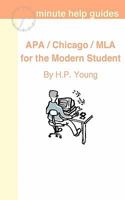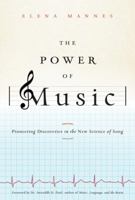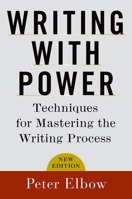The Rise & Fall of ECW: Extreme Championship Wrestling (WWE)
Select Format
Select Condition 
You Might Also Enjoy
Book Overview
Independent wrestling promotions were once the norm all across the country. But as the nineties began, independents were looking for creative ways to survive. Several banded together to share cost and talent; they were known as Eastern Championship Wrestling. Based out of a warehouse in Philadelphia, this promotion seemed doomed to be just one more ninety-day wonder. They hired Paul Heyman, who told the company he would come in, shake things up, and leave. But Heyman stayed and redefined professional wrestling in the nineties. He crafted a promotion that dared to push the boundaries of sports entertainment. What he created became Extreme Championship Wrestling. Heyman dared to break with tradition. Rather than relying on local talent and down-and-out veterans, he created new characters and story lines that would appeal to hardcore wrestling fans. Paul knew you had to offer the fans more than the match. Heyman encouraged wrestlers to speak from their hearts. ECW became known for the interview, the shoot. As for the matches: tables, ladders, chairs, barbed wire, and even frying pans were used with abandon. Wrestlers not wanting to be topped put their bodies on the line, taking ever greater risks, daring to jump, leap, and fall from places never tried before. ECW matches became the stuff of legend. For nearly a decade, ECW redefined professional wrestling with a reckless, brutal, death-defying, and often bloody style that became synonymous with 3hardcore. Through extensive interviews with Paul Heyman, Mick Foley, Tazz, Tommy Dreamer, Rob Van Dam, and many more, T he Rise & Fall of ECW reveals what made this upstart company from Philadelphia great. This description may be from another edition of this product.
Format:Paperback
Language:English
ISBN:1416513124
ISBN13:9781416513124
Release Date:May 2007
Publisher:Gallery Books
Length:272 Pages
Weight:1.08 lbs.
Dimensions:9.1" x 0.7" x 6.1"
More by Thom Loverro
Customer Reviews
1 customer rating | 1 review
There are currently no reviews. Be the first to review this work.















































